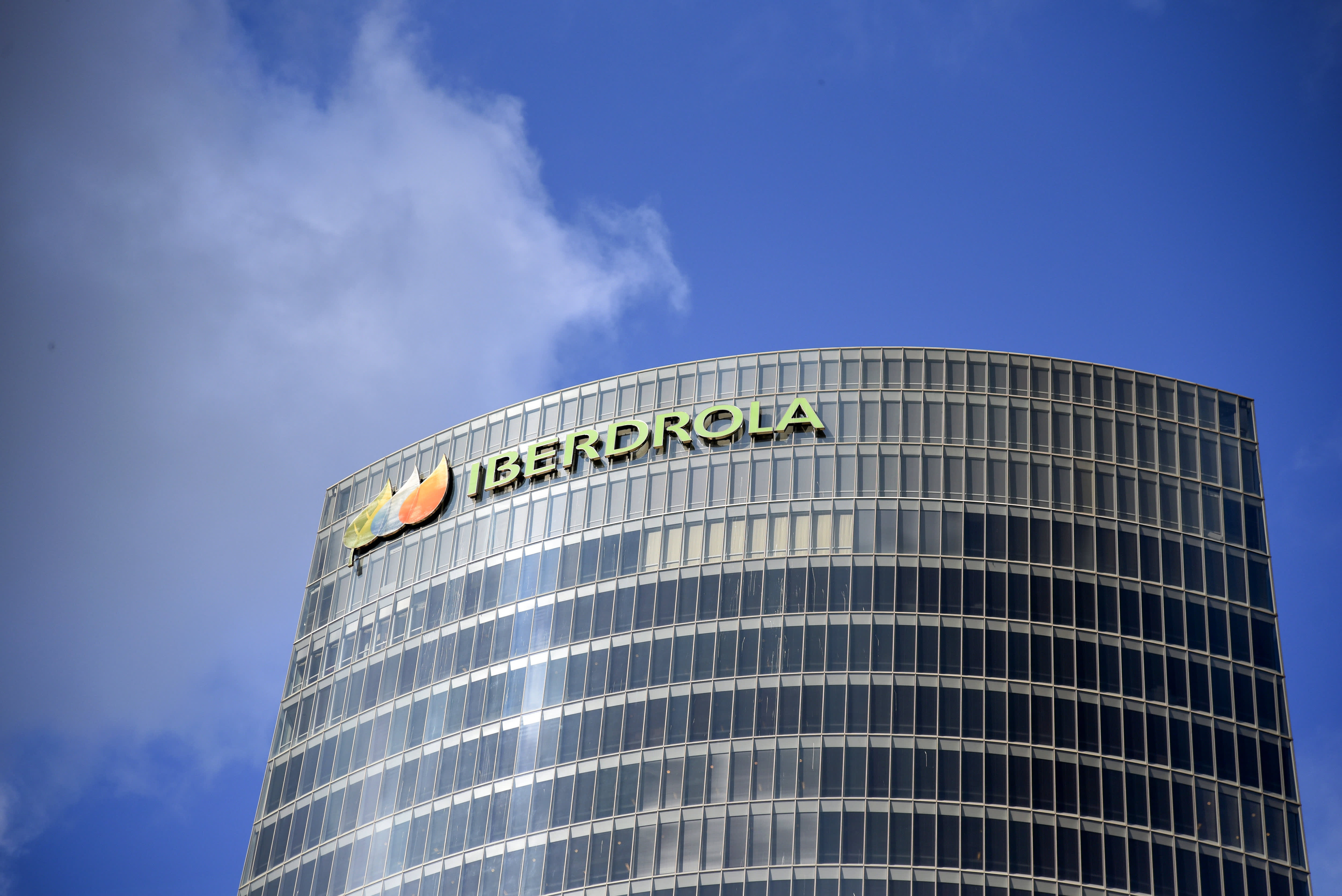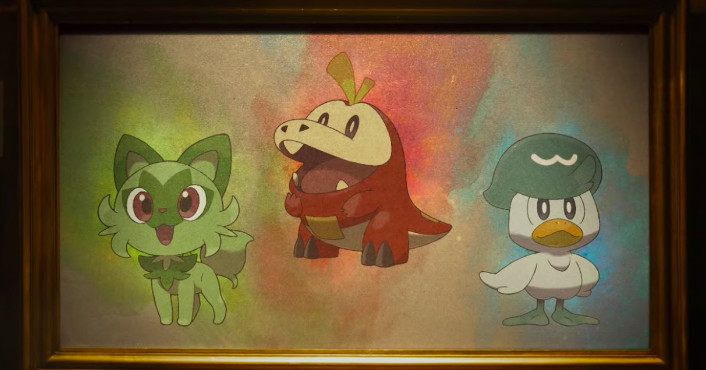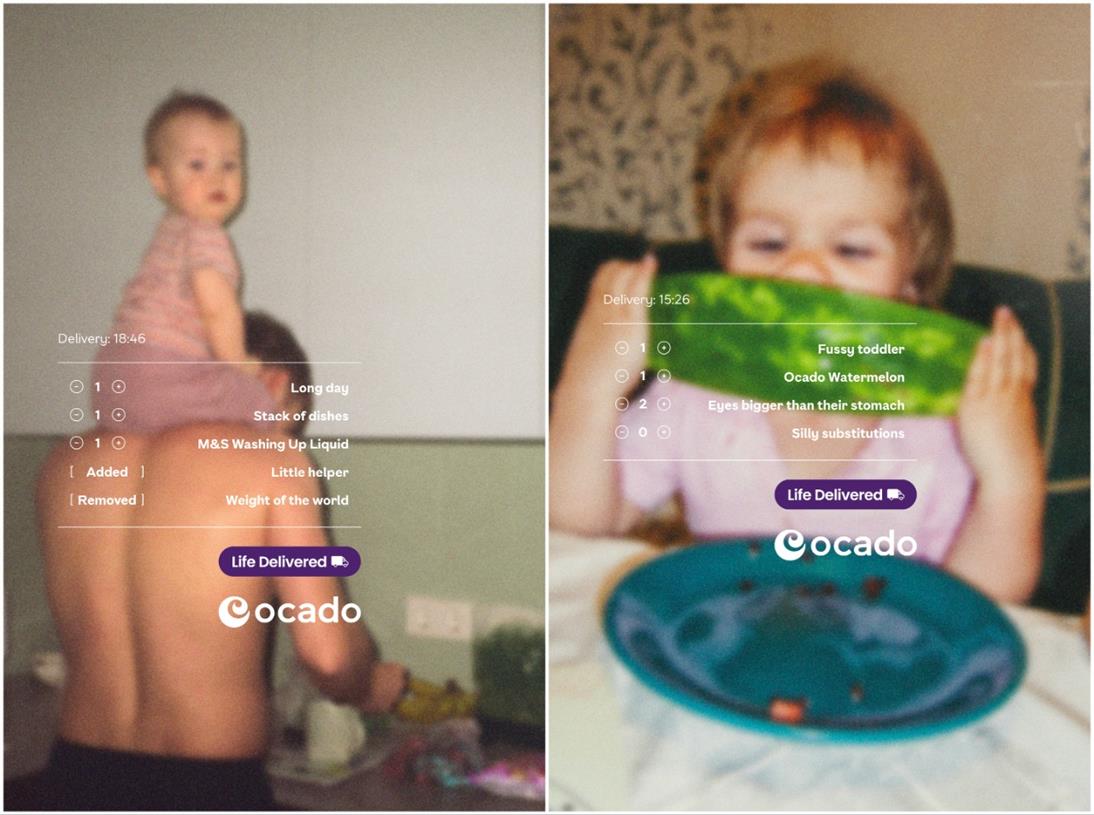Sonos vows to keep fighting Google for the benefit of small companies — and its own revenue
Illustration: The VergeDespite being dealt a considerable setback in its patent infringement proceedings against Google, Sonos appears confident that it will ultimately prevail against the Big Tech competitor it has for years accused of copying its technology. In a...
/cdn.vox-cdn.com/uploads/chorus_asset/file/24207013/STK084_Sonos_02.jpg)
Despite being dealt a considerable setback in its patent infringement proceedings against Google, Sonos appears confident that it will ultimately prevail against the Big Tech competitor it has for years accused of copying its technology.
In a statement provided to The Verge late Tuesday night by spokesperson Erin Pategas, Sonos described itself as “the primary innovator in the wireless home audio category” and said, “We have proven that Google — a latecomer — has infringed on our invention of foundational customer experiences including setting up and syncing speakers, as well as other important features like group volume and stereo pairing.”
The statement also goes over Sonos’ motivations for taking the fight to Google in the first place. And as the company’s executives have said previously, one of them is sticking up for the little guy. Sonos says it’s trying “to stand up against bad actors who do not hesitate to copy the inventions of smaller companies and pass them off as their own. There are many innovative businesses who have put their heart and soul into inventing unique products that solve problems for and make the lives of consumers better, who cannot afford to take on a company of Google’s size.”
There’s no sign of a resolution between Sonos and Google in sight
Sonos claims that it’s trying to defend “groundbreaking” innovations, but it’s also upfront about a secondary goal of generating a royalty stream — a revenue stream, really — that would be paid by other tech companies “for the use of our inventions.” With Sonos facing rocky consumer demand for its products, you can understand why it would want to establish those recurring royalties.
I don’t think many people would dispute the notion that Sonos has led the way in whole-home audio. There are plenty of also-rans and similar solutions in the space; just today, Bowers & Wilkins announced its own wireless multiroom audio feature. But Sonos has staked its brand on the concept. It’s the company’s whole schtick, for better or worse.
But virtually none of that has anything to do with Friday’s decision from US District Judge William Alsup to hit undo on what was initially a $32.5 million jury verdict win for Sonos. It’s the company’s legal maneuvering that brought on so much frustration from a judge who’s presided over many of tech’s biggest courtroom face-offs.
From the very beginning of this hostile spat, Alsup has taken both companies to task. At one point, he described the proceedings as “emblematic of the worst of patent litigation.” And in his ruling that tossed out Sonos’ victory on Friday, he eviscerated the company for waiting so long before claiming its ideas were unfairly stolen by Google. Sonos leaned on the patent system “to enrich a pretender by delay and sleight of hand,” he wrote. “It has taken a full trial to learn this sad fact, but, at long last, a measure of justice is done.”
There are valid questions about whether Sonos should’ve been granted such broadly applicable patents to begin with, but at the end of the day, at least in this case, it was timing that led to Sonos’ momentum against Google being turned upside down. It didn’t play the patent game correctly. Not in Alsup’s mind at least.
Photo by Chris Welch / The Verge
The company doesn’t address any of this in its latest statement and has said it plans to appeal the judge’s ruling. Plus, there are still outstanding cases between Sonos and Google in several countries and at the International Trade Commission. “We remain confident we will continue to prevail in our efforts against Google’s infringement,” Sonos said — another indication that this acrimonious rivalry is just going to keep dragging on.
For its part, Google has already begun restoring some of the software features it previously stripped away due to the litigation. “This decision is good news for our users who will once again be able to seamlessly group and integrate Google smart speakers, and for continued innovation of new features across the industry,” Google’s Halimah DeLaine Prado wrote in a blog post yesterday. The company also used the opportunity to call for patent system reform. That’s something Sonos agrees with, albeit for different reasons.
“The real problem that needs to be solved is that it allows behemoths like Google to copy the inventions of smaller companies, produce copycat products, and sell them at or below cost by cross-subsidizing them from their monopoly business lines, knowing how hard it is to hold them accountable through litigation,” Sonos said.
You can read the company’s full statement below.
As Sonos has stated time and time again, our intention with litigation against Google is three-fold: first to defend our groundbreaking patented innovations from misappropriation by our competitor; second, to establish a royalty stream for the use of our inventions; and, third and more broadly, to stand up against bad actors who do not hesitate to copy the inventions of smaller companies and pass them off as their own. There are many innovative businesses who have put their heart and soul into inventing unique products that solve problems for and make the lives of consumers better, who cannot afford to take on a company of Google’s size.
Sonos has been the primary innovator in the wireless home audio category. To date, we have proven that Google — a latecomer — has infringed on our invention of foundational customer experiences including setting up and syncing speakers, as well as other important features like group volume and stereo pairing. Google, for its part, has retaliated against us by claiming we infringe their patents, suing in Germany, France, the Netherlands and Canada and twice in the International Trade Commission. Google has lost every case.
The patent system is in need of reform. But the real problem that needs to be solved is that it allows behemoths like Google to copy the inventions of smaller companies, produce copycat products, and sell them at or below cost by cross-subsidizing them from their monopoly business lines, knowing how hard it is to hold them accountable through litigation.
We remain confident we will continue to prevail in our efforts against Google’s infringement.

 JimMin
JimMin 





























